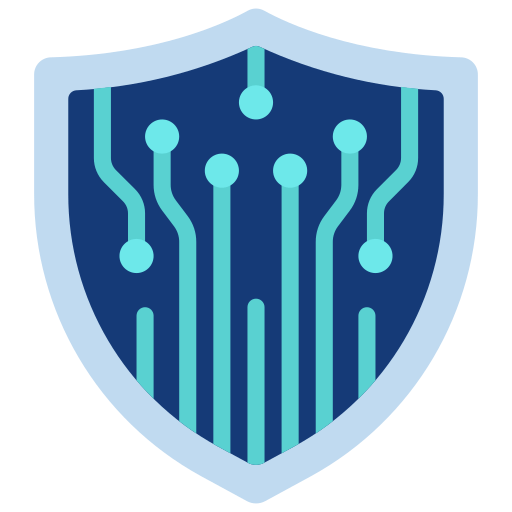Introduction:
Imagine this: You’re checking your emails one morning, and you see a message that looks like it’s from your bank. It warns you about “suspicious activity” and asks you to verify your details through a link.
It feels urgent — but it could be a social engineering attack.
Situations like this are extremely common, and they highlight one simple truth: cybersecurity isn’t just about strong systems; it’s also about human behaviour.
In this blog, let’s break down what cybersecurity is, how social engineering works, and how you can protect yourself and your organisation.

What is Cybersecurity?
Cybersecurity protects our digital environment from unauthorised access, data theft, and malware threats.
Just as we lock our homes for safety, cybersecurity measures safeguard our devices, systems, and data from people trying to break in, steal information, or cause damage.

What are Social Engineering Attacks?
Social engineering is less about hacking systems and more about manipulating people.
Instead of breaking codes or firewalls, attackers pretend to be someone trustworthy — like your bank, a colleague, or a service provider to trick you into:
- Sharing sensitive information
- Clicking harmful links
- Downloading infected files
It’s the digital version of someone pretending to be your friend just to enter your home.

Human factors in cybersecurity
Humans play the biggest role in cybersecurity.
We’re good at recognising unusual behaviour, but we’re also prone to trust, urgency, and curiosity — which attackers use against us.
For cybercriminals, it’s often easier to trick a person than to break a secure system. That’s why social engineering remains one of the most successful cyberattack methods.
How to Avoid Social Engineering Attacks
1. Stay Alert
Be cautious of unexpected emails or calls asking for sensitive details or quick action.
If something feels off, verify it through a separate channel.
2. Think Before You Click
Don’t open links or attachments from unknown or suspicious sources.
Even if the message looks genuine, take a moment to check.
3. Protect Your Passwords
Use strong, unique passwords for every account.
A password manager can help you store them securely.
4. Educate Yourself and Others
Cybercriminals constantly change their tactics.
Stay updated and share awareness with your colleagues, friends, and family.
What To Do After a Social Engineering Attack
1. Act Immediately

Change Compromised Passwords
Update passwords for any affected accounts and strengthen them.

Disconnect Affected Devices
If you clicked a suspicious link or downloaded something harmful, disconnect your device from the internet to limit further damage.
2. Notify Relevant Parties

Notify Your Organisation
If it happened at work, contact your IT or cybersecurity team immediately.

Inform Your Bank or Financial Provider
If card or account details were exposed, your bank can freeze activity and secure your accounts.

Report It to Authorities
Significant breaches should be reported to police or authorised cybercrime units.
3. Conduct a Thorough Review and Implement Preventative Measures
After the immediate issue is handled, evaluate what went wrong and update your security practices to prevent similar incidents in the future.
Conclusion:
Cybersecurity isn’t just about firewalls and tools — it’s also about people.
Social engineering attacks exploit human behaviour, making awareness one of the strongest defences.
By staying alert, understanding the tactics used by attackers, and taking quick action when something goes wrong, you greatly reduce the risk of being targeted.

Protect Your Business with Our Cybersecurity Services
mVerve helps organisations strengthen their security against social engineering attacks and other cyber threats.
Our cybersecurity experts provide:
- Vulnerability Assessment and Penetration Testing (VAPT)
- Application and infrastructure security
- IoT and API security
- Incident response planning
- Stay focused on your business while we safeguard your digital environment.
Explore mVerve’s Cybersecurity Services to learn more.




















